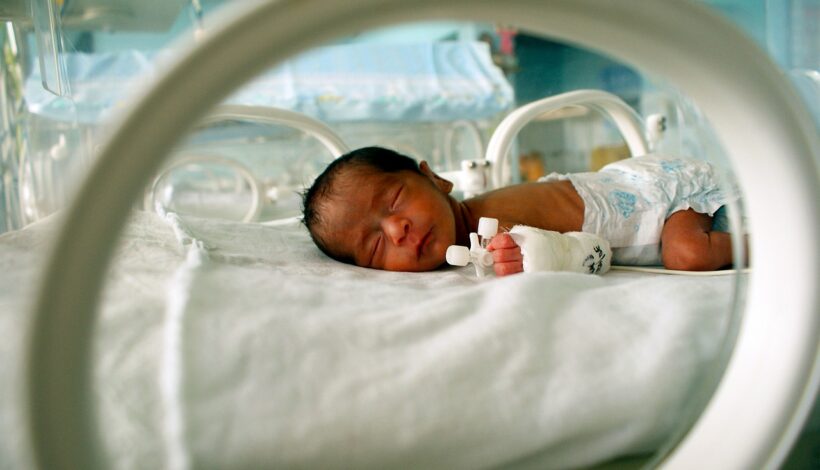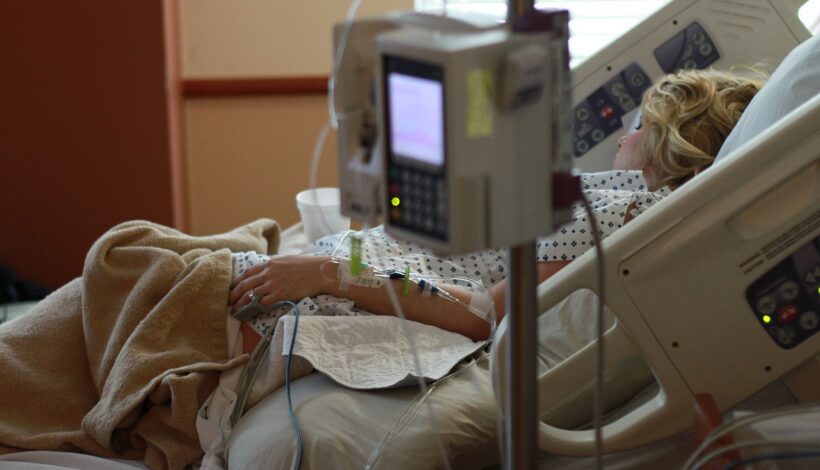Urinary incontinence — the unintentional loss of bladder control — is a common concern for women, particularly after pregnancy and childbirth. Weakening of the pelvic floor muscles, hormonal changes, and the physical strain of carrying a baby can contribute to leakage, urgency, or difficulty controlling the bladder. Understanding the causes and strategies to strengthen the pelvic floor can restore confidence and improve daily life.
Pelvic floor muscles provide essential support for the bladder, uterus, and bowel. Pregnancy, vaginal delivery, and certain gynecologic surgeries can stretch or weaken these muscles, leading to urinary incontinence. Even mild leakage can feel frustrating, but targeted exercises and mindful lifestyle adjustments can make a significant difference.
Medical and therapeutic options are available. Pelvic floor physical therapy helps women regain muscle strength and coordination through guided exercises and posture training. Medications may also be recommended in some cases to manage bladder contractions or improve sphincter function. Early intervention often leads to the best outcomes, so seeking guidance as soon as symptoms appear is key.
Lifestyle strategies complement professional care. Maintaining a healthy weight, avoiding bladder irritants (like caffeine and excess sugar), and staying hydrated in moderation support bladder health. Regular practice of pelvic floor exercises, also called Kegels, can be done at home and gradually improve strength and control.
Patient Perspective:
Recovering pelvic floor strength and bladder control after pregnancy can feel challenging, but small, consistent actions lead to meaningful results. Tracking progress, celebrating improvements, and openly discussing concerns with a healthcare provider empowers women to regain confidence and enjoy everyday life without fear of leakage.
Nursing Perspective:
Nurses play a critical role in educating patients about urinary incontinence and pelvic floor health. Guiding women through proper exercise technique, reviewing lifestyle modifications, and monitoring progress ensures safe, effective recovery. Encouraging consistent practice and offering reassurance builds both confidence and long-term success.
💡 Tip to Try This Week:
Set aside 5 minutes each day for pelvic floor exercises. Focus on slow, controlled contractions and releases of the muscles that support the bladder. Combine with mindful posture and deep breathing. Small, consistent practice strengthens your pelvic floor, improves bladder control, and supports overall core stability.Written by Rosie Moore, DNP, RN, LNC, BC-FMP





